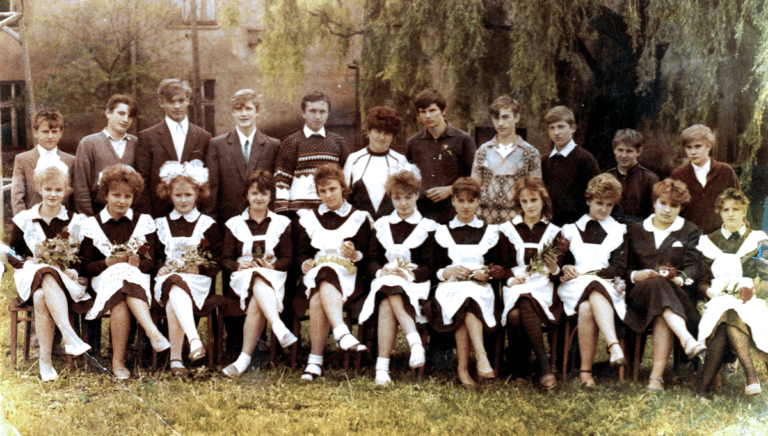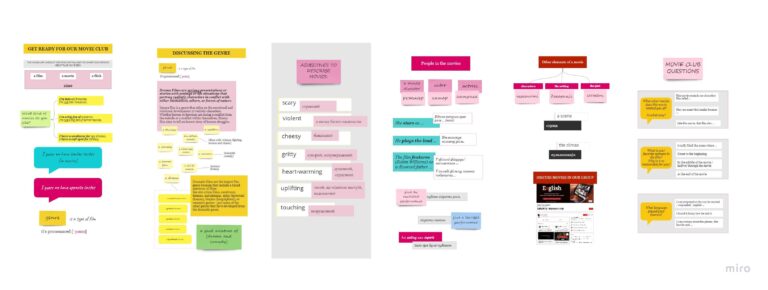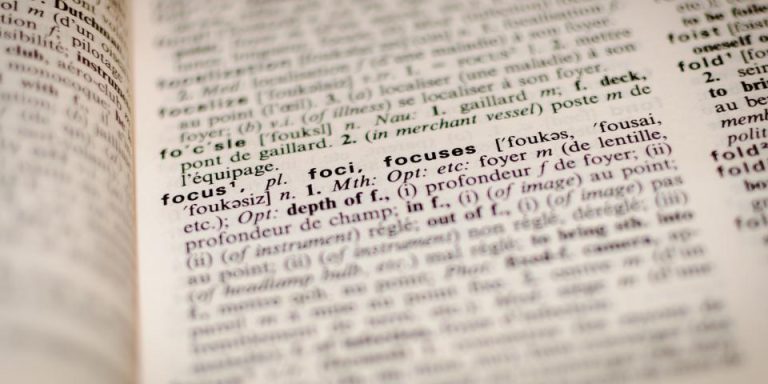At university, we were translating some sentences during our Practical Grammar lesson. I liked this subject, and hardly ever struggled with the language.
When it was my turn to answer, I easily translated the sentence without a second thought.
And everyone burst into laughter 🤣
It took me a second to realize that, having just returned from my German lesson, I confused the English “eagle” with German “Igel”.
As a result, instead of “шлях орла” (eagle’s journey), I said “шлях іжачка” (hedgehog’s journey).
I was horrified and embarrassed.
But now I can’t help smiling when I remember that moment.
There are several lessons here which I didn’t understand at that moment:
When it was my turn to answer, I easily translated the sentence without a second thought.
And everyone burst into laughter 🤣
It took me a second to realize that, having just returned from my German lesson, I confused the English “eagle” with German “Igel”.
As a result, instead of “шлях орла” (eagle’s journey), I said “шлях іжачка” (hedgehog’s journey).
I was horrified and embarrassed.
But now I can’t help smiling when I remember that moment.
There are several lessons here which I didn’t understand at that moment:
1. Even when you know a lot, you will still make mistakes.
It’s OK. Everyone does. Accept the fact that you’ll be making mistakes. There’s no other way to progress. That doesn’t mean you’re a bad student, or stupid, or that you should stop. It means you’re learning and getting better.
2. There are a lot of words that sound similar
Even in your native language, there must be words that sound similar. It’s like кленок and клинок in Ukrainian. English is no different, with a lot more words that are easily confused.
Among the most frequent ones in English are:
| lose | loose | |
| wonder | wander | |
| later | latter | letter |
| then | than | |
| accept | except | expect |
Try to focus on the difference or use mnemonics when dealing with these words.
3. You won’t know what you’re doing right and wrong if you don’t get feedback.
Sometimes you learn best from your mistakes. If I hadn’t felt embarrassed, I would have forgotten “орел” and “іжак” a long time ago.
Emotions, including those related to making mistakes, can influence memory formation and recall. When we experience strong emotions, they can improve our attention and focus, helping us encode information better.
Some studies suggest that the emotional arousal caused by mistakes can increase the likelihood of remembering the associated information.
Some studies suggest that the emotional arousal caused by mistakes can increase the likelihood of remembering the associated information.
So keep learning, make mistakes.



